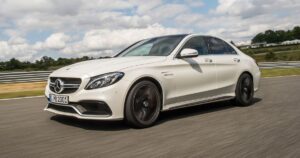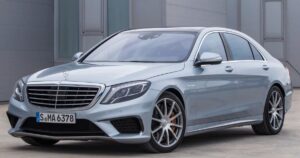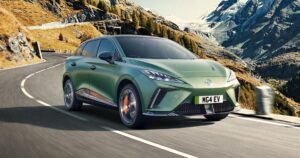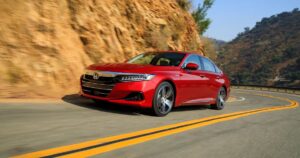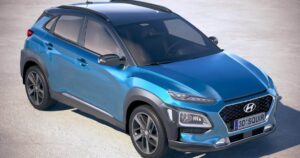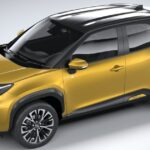Hybrid cars are becoming more popular as people look for eco-friendly transportation. These vehicles combine both gasoline engines and electric motors, offering flexibility.
But can they run on electricity alone. This article will explore how hybrid cars work, their ability to use electricity only, and how they benefit the environment and drivers.
Types Of Hybrid Cars
There are different types of hybrid cars, and not all of them can run solely on electricity. It is important to understand these variations
- Full Hybrids: These can run on electricity alone for short distances. However, they switch back to gasoline when the battery is low or when more power is needed.
- Mild Hybrids: These use the electric motor to assist the gasoline engine. They cannot run on electricity alone.
- Plug-in Hybrids: These can run solely on electricity for longer distances before switching to gasoline. They are charged by plugging into an external power source.
Each type has its benefits and limitations in terms of how much it can rely on electricity.
How Does A Hybrid Car Use Electricity?
The electric motor in a hybrid car is powered by a rechargeable battery. The battery charges during braking or when the gasoline engine is running. This process is called regenerative braking. When the car is driving at low speeds or when it starts moving, the electric motor powers the car.
- The electric motor handles low-speed driving.
- The gasoline engine takes over when more power is required.
- Regenerative braking helps charge the battery.
At high speeds or during long-distance driving, the gasoline engine typically takes over. This allows the car to balance power and efficiency.
Can Hybrid Cars Drive on Electricity Only?
The ability to run on electricity alone depends on the type of hybrid. Full hybrids and plug-in hybrids can drive solely on electricity, but only for short distances. For example, plug-in hybrids can run between 20 and 50 miles on electricity, depending on the model and battery size.
The gasoline engine kicks in when the battery is low or when more power is needed. Mild hybrids, on the other hand, cannot run on electricity alone.
- Full hybrids and plug-in hybrids can drive short distances using only electricity.
- Plug-in hybrids can travel longer distances than full hybrids.
- Mild hybrids always require the gasoline engine.
The Benefits Of Electric Only Driving
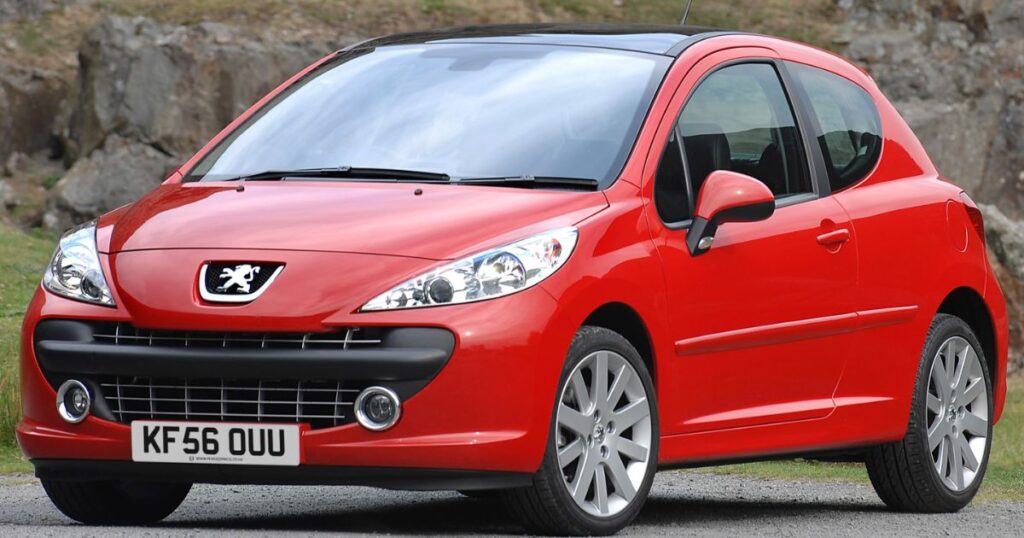
Driving on electricity alone offers several benefits. It reduces fuel consumption, lowers emissions, and saves money on gasoline. In urban areas, where speeds are low, hybrid cars often rely more on the electric motor, reducing the amount of pollution created.
- It saves money on fuel.
- It reduces greenhouse gas emissions.
- It is ideal for city driving.
Drivers can enjoy a quieter ride when the car runs on electricity, as the electric motor is much quieter than a gasoline engine. It also helps the environment by producing less pollution.
Limitations Of Electric-Only Mode in Hybrids
While driving on electricity alone sounds great, there are limitations. Full hybrids can only run on electricity for a short time, and the battery capacity is limited. Plug-in hybrids offer a better electric-only range but still rely on gasoline for long trips.
- Electric-only mode is limited to short distances.
- The battery needs recharging after use.
- Gasoline is still required for long trips.
Drivers who want to maximize the use of electric power need to recharge their vehicles regularly.
What Are Plug-in Hybrids?
Plug-in hybrids are a special type of hybrid car that can be charged by plugging them into an electrical outlet. These cars have larger batteries, which allow them to run on electricity alone for longer distances compared to full hybrids.
The plug-in hybrid offers the best of both worlds. It can be driven as an electric vehicle for short trips, and the gasoline engine provides backup for longer journeys.
- It can be charged from an external power source.
- It runs longer on electricity alone compared to full hybrids.
- The gasoline engine is used when the battery is low.
Advantages Of Plug-in Hybrids
Plug-in hybrids offer many advantages over traditional hybrids. They provide a longer electric-only range and can help drivers save even more on fuel. Some models can travel up to 50 miles on electricity before switching to gasoline.
- Longer electric-only range compared to full hybrids.
- Greater fuel savings.
- Lower emissions in electric mode.
For those who can recharge regularly, plug-in hybrids allow more time driving on electricity alone.
Disadvantages Of Plug-in Hybrids
Despite their benefits, plug-in hybrids also have some disadvantages. They are usually more expensive than traditional hybrids, and they need access to a charging station. For people who drive long distances often, the gasoline engine will still play a large role.
- Higher cost compared to full hybrids.
- Need access to charging stations.
- Gasoline use is still required for long trips.
Drivers who do not have access to a home charging station may find it inconvenient to rely on the electric-only mode.
How Long Can Hybrid Cars Run on Electricity Alone?
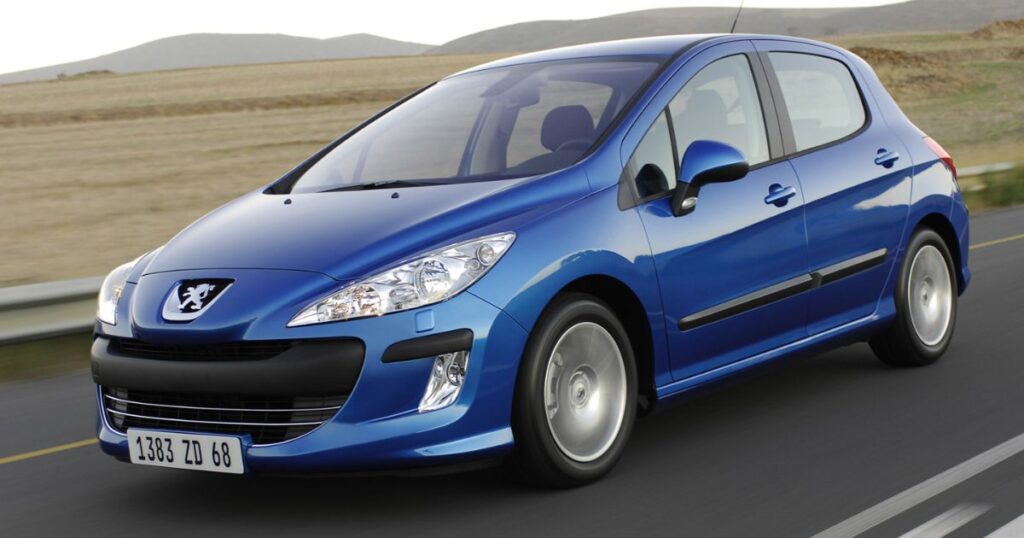
The duration a hybrid car can run on electricity depends on the type of hybrid and the battery size. Full hybrids can usually run for a few miles on electricity alone. Plug-in hybrids, on the other hand, can run between 20 and 50 miles before needing gasoline.
- Full hybrids offer limited electric-only range.
- Plug-in hybrids can run up to 50 miles on electricity alone.
For short city trips, the electric-only mode is perfect, but for longer drives, the gasoline engine will take over.
How Do Hybrid Cars Compare To Electric Vehicles?
While hybrid cars offer the benefit of using both gasoline and electricity, fully electric vehicles (EVs) run solely on electricity. EVs have no gasoline engine at all and rely entirely on their battery for power.
- Hybrid cars use both gasoline and electricity.
- EVs run solely on electricity.
- EVs have a longer electric range but need more charging.
For those who want to drive on electricity alone, EVs are the best option, but hybrids offer more flexibility for long-distance driving.
Cost Of Driving on Electricity
Running a hybrid on electricity alone can save money, especially for plug-in hybrids. Charging a vehicle is generally cheaper than filling up a gas tank. However, the cost of electricity varies based on location and time of day.
- Electricity is cheaper than gasoline in many areas.
- Plug-in hybrids offer the most savings.
Drivers who live in areas with cheap electricity and access to charging stations can save a significant amount on fuel costs by using the electric-only mode.
Environmental Impact Of Hybrid Cars
Hybrid cars, especially when driven in electric-only mode, produce fewer emissions than traditional gasoline cars. This makes them a better option for reducing greenhouse gas emissions. However, they still rely on gasoline, which means they are not as eco-friendly as fully electric vehicles.
- It produces fewer emissions than traditional cars.
- It is not as environmentally friendly as fully electric vehicles.
For people looking to reduce their carbon footprint, plug-in hybrids offer a good balance between eco-friendliness and convenience.
Is A Hybrid Car Right For You?
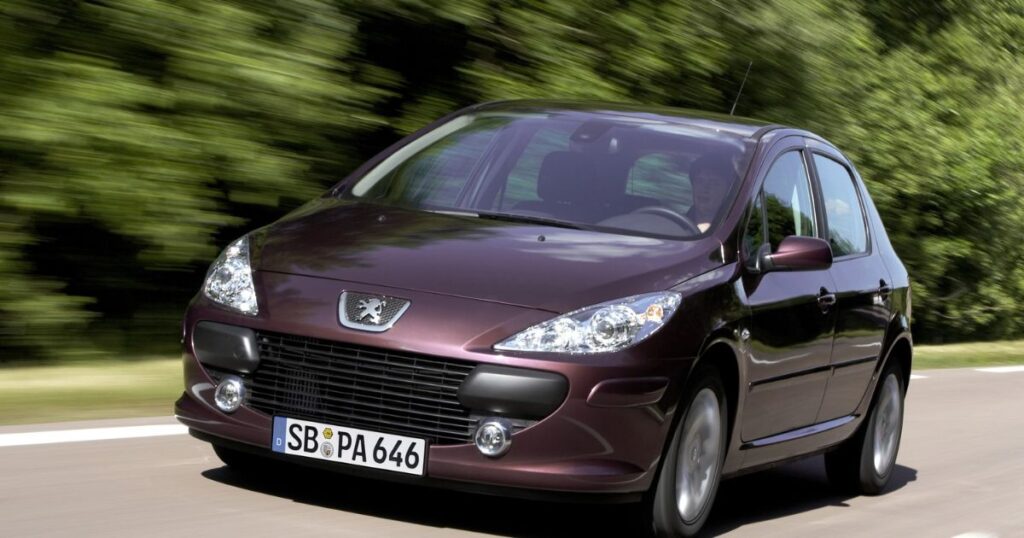
Hybrid cars are a great option for people who want to save on fuel and reduce their environmental impact. However, they are not the perfect solution for everyone. Drivers who mostly travel long distances may find that they rely too much on the gasoline engine.
- Hybrid cars are ideal for city driving.
- They are not as useful for long-distance drivers.
For people who mainly drive short distances or in urban areas, a plug-in hybrid can be an excellent choice. However, those who frequently travel long distances may prefer a traditional car or a fully electric vehicle.
Frequently Asked Questions
Can hybrid cars run without gasoline?
The hybrid car can run on electricity alone, but only for short distances. Full hybrids and plug-in hybrids can drive without gasoline for a limited time.
How far can a plug-in hybrid travel on electricity?
Plug-in hybrids can typically travel between 20 and 50 miles on electricity alone, depending on the model and battery size.
Do hybrids need to be charged?
Full hybrids do not need to be plugged in, as they charge their batteries through regenerative braking. Plug-in hybrids need to be charged regularly to use their electric-only mode.
Is it cheaper to drive a hybrid on electricity?
Yes, driving a hybrid on electricity is usually cheaper than using gasoline, especially for plug-in hybrids. Charging a vehicle costs less than filling a gas tank.
Conclusion
Hybrid cars offer the flexibility of running on both gasoline and electricity. While they cannot run solely on electricity for long periods, full hybrids and plug-in hybrids allow for short trips using only electric power.
These vehicles provide environmental benefits and fuel savings, making them a great choice for city driving. However, for long-distance drivers, the reliance on gasoline may still be significant.

Hello, Ride here I’m excited to share everything about hybrid cars. We provide helpful Tips And guide about hybrid cars.

